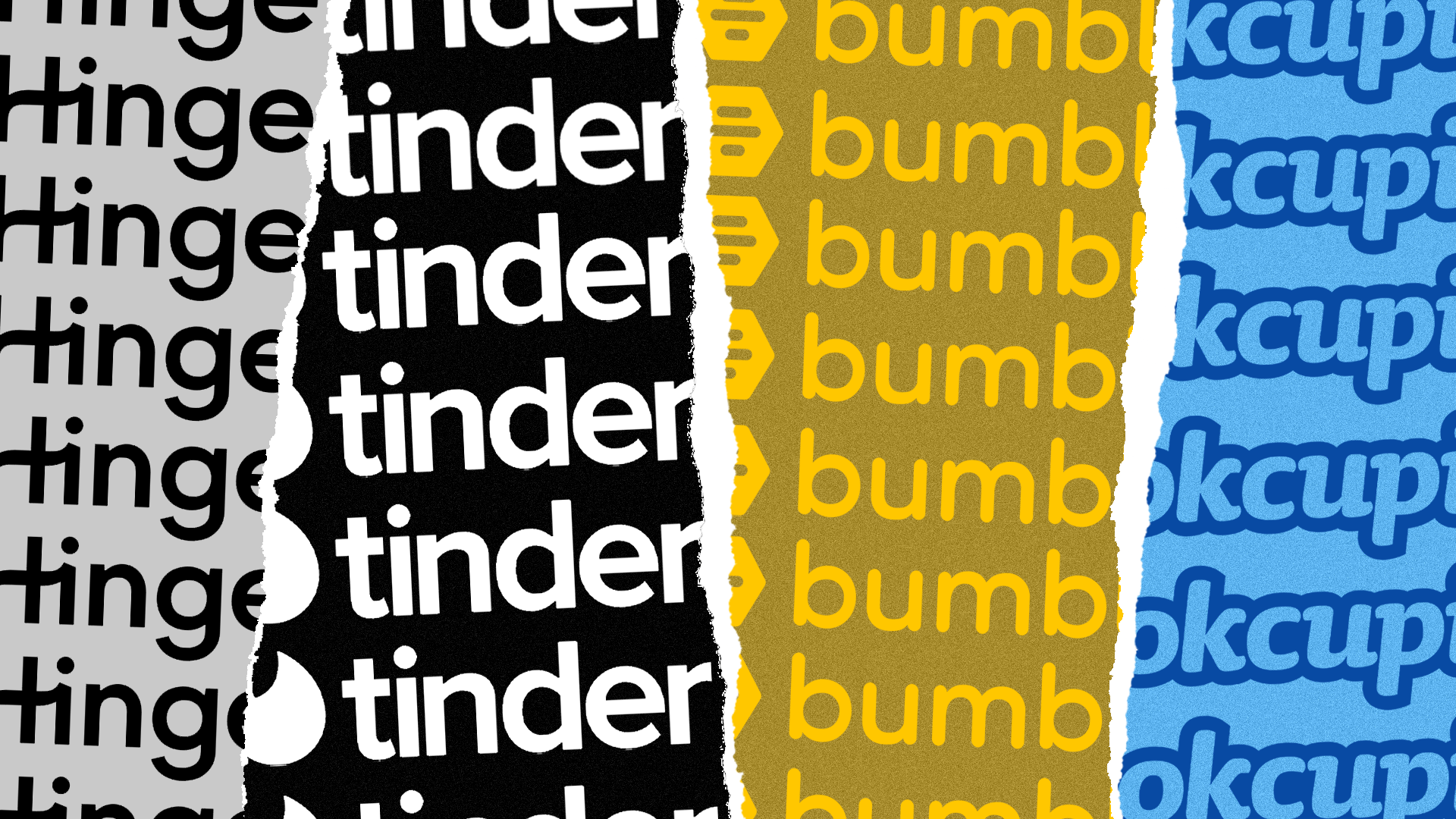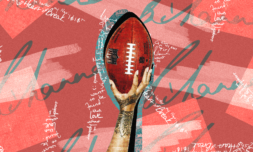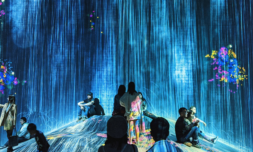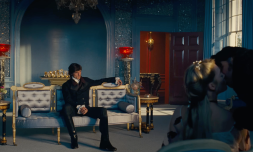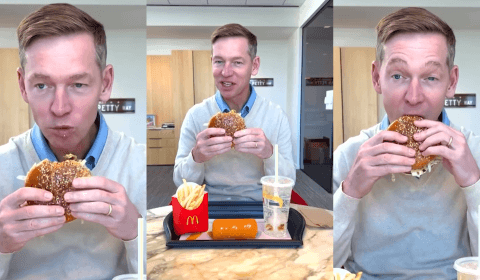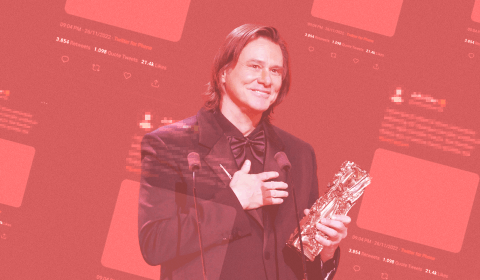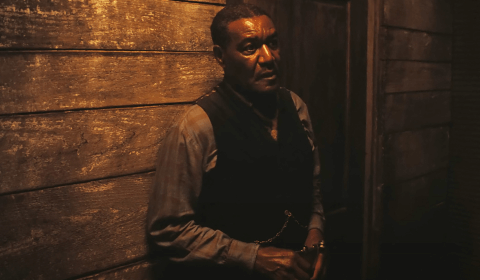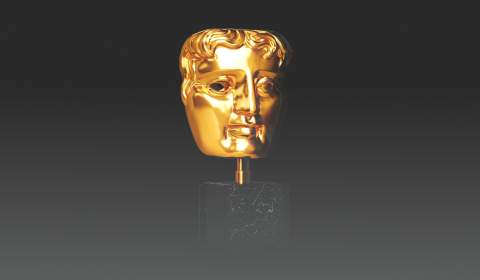Apps eliminate crucial obstacles
I’d argue that developing a crush is one of the purest feelings human beings are capable of. It never dwindles, regardless of what stage we’re at in our lives.
We came to know it as kids playing together on the jungle gym, as high school teenagers taking the long route to class in hopes of bumping into our crush in the hallway, and even as adults when we get that strange, fluttery feeling when someone we know starts to look all but perfect in our eyes.
This euphoric sensation, which often develops over time, is somewhat washed out by the experience of online dating.
With apps like Hinge, you arrive on a date knowing that the person finds you at least physically attractive (bar catfishing, but that’s another essay in itself), eliminating any nervous wonderings of ‘do they think I’m cute?’ from the get-go, thanks to the ever-expanding list of multi-media features offered on such platforms.
Most dating apps are now structured similarly to social media, where the number of ‘likes’ you get is largely determined by the way you present yourself in the digital realm. They offer a constant stream of validation, which, unfortunately, can be the sole reason they’re downloaded in the first place.
Users can passively like one another’s profiles while riding home on the Overground after a draining day of work, and a mere minutes later, ding! – it’s a match. That was easy. Too easy.
With one rather important hurdle down, arriving on a date means it’s time to showcase your personality. If you’re anything like me, who could talk with a parrot for an evening if its vocabulary was varied enough, the hours spent on a date can pass by quite quickly and easily.
Sure, you’re meeting a stranger and that can be nerve-racking, but the mystique that dating apps provide can be an advantage.
If you’re good at asking questions, enjoy listening to people’s life stories, or curious to know more beyond what someone’s dating profile can tell you, these quickly-orchestrated dates are excellent playgrounds to test your social skills and enjoy unfamiliar conversation.
They’re also an important part of sussing the other person out, pinning down their intentions, and getting a glimpse beyond the pretty picture they’ve painted in their self-curated profile.
In some ways, the excitement and mysteriousness of developing a crush the traditional way – letting the feeling come to you rather than seeking it out, not knowing what they’re thinking, or whether they’re interested too – is quashed during one good date.
This may sound like a nice way to eliminate those preliminary anxieties. In some ways, it is.
Being upfront and transparent about expectations can speed up traditionally gradual social developments between partners, but comes at the cost of truly enjoying the process of getting to know someone over time.
The implications of meeting on a matchmaking platform
If you have a mutually fulfilling date, does it mean the two of you are romantically suited? I’d say not always.
Enjoying someone’s company and liking them enough to pursue a potential future together are two entirely different things.
Meeting within the pretence of a dating app heightens the expectation that one day in the near future the two of you could brand yourself as a couple. From here, the typically gradual relationship progression can happen abnormally hastily due to so many of those aforementioned obstacles already cleared.
This, admittedly, is not a huge problem as long as both people are on the same page.
So, in many cases, it won’t be long before the question ‘my place or yours?’ is posed. After all, you’re meeting in the context of injecting a bit of romance into your lives, right?
Maybe so, but it can feel as if you’re jumping rapidly through several major hurdles in just one, two, or three dates.
And aside from alcohol-fuelled one-night stands (which are completely fine if you’re into that), most people would be unlikely to invite a complete stranger to stay the night in their house after chatting for only a few hours.
Yet, it happens.
Because the first few dates play out like this so often for so many, it seems that apps have a tendency to prime initial interactions with an immediate, false sense of familiarity and security.
I’d argue this is rooted in the fact that both parties have been texting, are single (hopefully?), interested in finding a partner, and have already been pre-labelled as ‘matched’.
Maybe I’m overthinking it. Or maybe I’m low-key old school and prefer a slower approach to dating.
But skipping the opportunity to be friends first, and being expected to sleep beside – or with – someone who was technically a stranger mere hours ago seems objectively outrageous in any other context.
It can, and sometimes does, feel rushed compared to relationships built outside of an app. And in this way, we miss the magic, excitement, and blissful uncertainty that comes with falling in love organically.
Cruising through these initial stages entirely depends on whether you secure a date in the first place. Which is one of the biggest barriers posed by dating apps.
Making connections in the age of tech
‘How am I supposed to invest time into talking to people I don’t know? What do I even say?’
Several close friends – who are never short of stories, juicy opinions, and hilarious anecdotes when we’re together – have said this to me. The concept of texting a person who clearly exists, yet is physically absent from their orbit presents a major challenge for securing a date.
Even more so when people feel pressure for conversations to be light-hearted, witty, and outright flirtatious. It’s here that many people get frustrated, delete the app, and wait for an opportunity to meet someone by chance.
It should be said, though, that most matches don’t result in dates. This is a fact that anyone who has used a dating app will know. Probably because texting a stranger – who might as well be a chatbot – can feel like a poor way to spend our precious free time.
Because of this, things can easily fizzle out before they even truly begin.
Before the weird and sometimes wonderful age of online dating, most people first met their significant other through mutual friends, social events, at work, etc. There was a neutral pathway in place for building a relationship, which more often than not started as a blossoming friendship.
And let’s face it, there’s nothing better than realising the person you’re compatible with has been right under your nose the entire time.
Today, we find ourselves matching with many people whom we’d never cross paths with otherwise. Yet, there’s that underlying pretence of ‘yeah, we get along. We matched. I’d bang you. So, shall we?’
It’s all a bit… oversimplified.
Perhaps dating apps are a direct reflection of the age we’re living in, where almost everything you want to know, have, and experience can be obtained almost instantaneously.
Given that most our closest friendships were formed over many days, weeks, and months – why do relationships stemming from dating apps feel under pressure to move so quickly?
This is a question I can’t answer, even after attempting to spell out all the things that feel off to me about online dating.
With this said, I should probably end on the note that dating apps aren’t all bad. The reward you reap from them often matches (ha) the energy you put in, if you can be bothered.
They’re also a great way to meet new people when life so often feels like it’s based around a work-gym-sleep routine, as long as you have solidified your own intentions and boundaries.
And maybe, if you’re lucky, they’ll be the reason you find your soulmate. Maybe.









